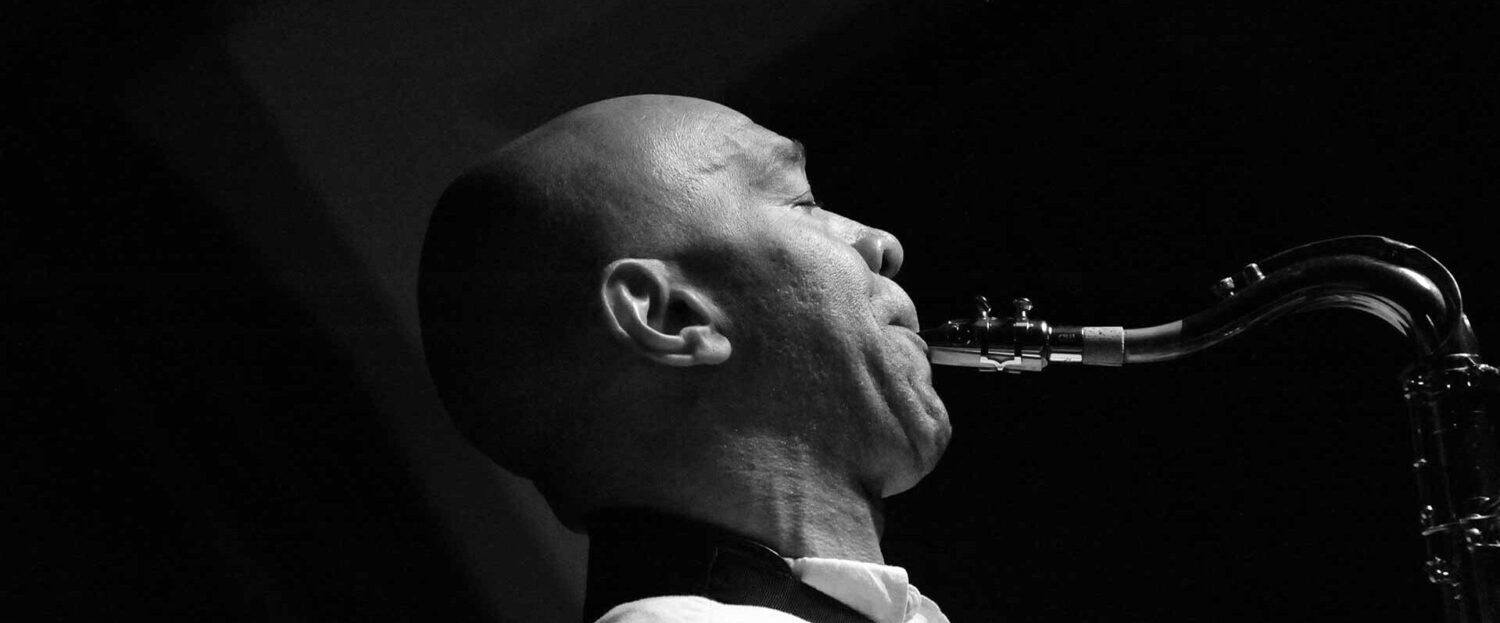Summary:
Social media once promised connection and creativity. Today, it reflects the fractures of modern life, our loneliness, our polarization, and our fading ability to listen. What was meant to unite us has become the loudest proof of how far we’ve drifted apart.
The Digital Square That Replaced the Café Table
For those of us who came of age in Europe, trained in sociology, steeped in geopolitics, social media is no longer a simple medium. It is a mirror.
It reflects the currents of social unrest, the mood swings of democracy itself.
What used to be said among friends, over a drink or a family dinner, now unfolds on a stage visible to millions. Every idea, every frustration, every identity claim finds its audience and echo chamber. The result: small disagreements become viral causes; private opinions morph into public crusades.
The digital world has become the new agora, yet unlike the ancient one, this public square is rarely civil.
A Civilization at War with Itself
Across both Europe and the United States, the signs of despair are unmistakable. Entire populations feel divided, weary, and alienated, as if the social contract itself were dissolving before our eyes.
Political extremes, emboldened by attention economies, turn outrage into currency.
In this climate, sharing an opinion online is no longer an act of dialogue; it’s an act of defiance. Anger comes instantly, insults flow freely, and reason retreats.
What this reveals is not just ideological conflict, but an erosion of education and empathy. Once, a well-read citizenry could debate ideas without hatred. Now, the very idea of disagreement feels dangerous.
 Europe’s Return to Censorship, in the Name of “Protection”
Europe’s Return to Censorship, in the Name of “Protection”
In Europe, a quieter but equally alarming shift is taking place. Governments, under the pretense of safeguarding democracy, are tightening their grip on speech.
France has set the tone, brokering deals with major platforms to silence accounts or entire websites in the name of combating hate. The justification may sound noble, but the result is often a narrowing of public discourse, a kind of intellectual suffocation masked as moral duty.
Behind these policies lies a deeper malaise: a generation disoriented by economic insecurity and emotional isolation. Young people feel unseen. Adults feel abandoned. Both retreat online, seeking connection in a world that offers mostly noise.
From Promise to Exhaustion
Once upon a time, social media held promise. Artists, entrepreneurs, and thinkers saw it as an open frontier — a democratic space to share ideas, build audiences, and promote creativity.
That optimism has faded.
Today, these platforms feel more like arenas than communities, loud, anxious, and intellectually barren. Outrage dominates. Performance replaces thought. Algorithms reward anger, not insight.
But there are ways back. They begin with curation, a deliberate effort to reclaim our digital environments. Choose your friends. Block liberally. Build communities around shared interests, not shared rage. When used intentionally, social media can still foster connection and creativity.
Artists on the Front Lines
For artists, the risks are different, and more personal.
Their vulnerability lies in visibility. Each post can attract admiration or obsession. Each message can bring opportunity or harassment.
The solution, increasingly, is professionalism: separating personal life from public work.
Managing one’s digital presence, delegating message triage, maintaining professional pages, and keeping healthy distance, is no longer optional but essential.
Among platforms, Facebook remains a powerful tool for promotion despite its flaws. Instagram, while ubiquitous, often serves visibility more than discovery. Too many artists forget that YouTube, not Instagram, remains the real engine of shareable content.
As for X (formerly Twitter), its cultural toxicity has grown since its high-profile acquisition. It still has reach, but at a cost, one must navigate carefully, with filters and caution.
Then there’s Bluesky, a small but growing oasis. Populated by scholars, musicians, and curious minds, it feels refreshingly human, a glimpse of what social media could be if civility ever staged a comeback.
The Mirror We Cannot Look Away From
Social media has become a mirror of who we are, not who we hoped to be. It reflects our fragmentation, our craving for recognition, and our inability to listen. It shows our contradictions: connection alongside isolation, freedom alongside fear.
To dismiss it as mere distraction is to misunderstand its power. It’s the pulse of our time, our collective diary, our digital conscience.
And like all mirrors, it tells the truth, even when we’d rather look away.
Social media is not the disease. It’s the symptom, the barometer of our social health. The question is not whether it divides us, but whether we still have the courage, and the curiosity, to rebuild what it has so brutally exposed.
Thierry De Clemensat
French journalist based in Austin, Texas. Writes on jazz, culture, and global society.

